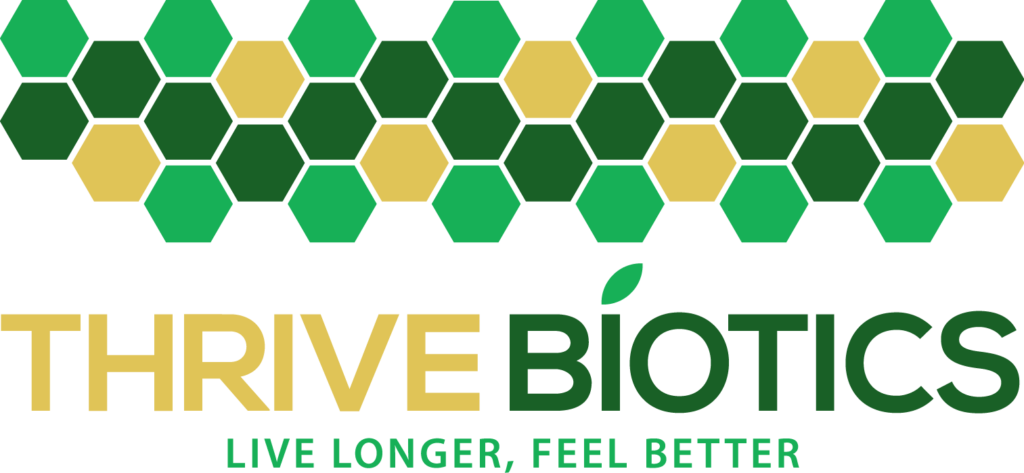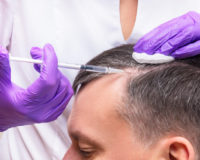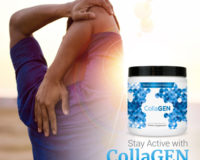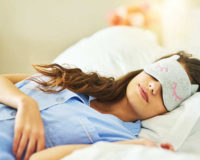Dealing with food allergies can be daunting. The effects of a reaction range from somewhat bothersome to potentially deadly. There is no cure, so anyone with a food allergy must vigilantly avoid the foods that trigger a reaction.
So how best to protect yourself? These six tips can help you create a system that can feel manageable, even routine.
Always read labels. Today, food labels include important allergy information such as whether any additives contain milk protein or byproducts of wheat, or whether a food was produced in a facility that processes nuts. Still, you need to read every label, every time — even if you have purchased the item hundreds of times before. Manufacturers frequently change ingredients and an allergen may be part of a new formulation.
Take care when cooking. If everyone in the household isn’t following an allergen-free diet, you want to be sure to avoid cross-contamination. It’s a good idea to have two sets of cooking and eating utensils — one exclusively for the allergic person — so that a knife used to cut a peanut butter sandwich isn’t inadvertently pressed into service buttering the toast of someone who’s allergic to peanuts. All dishes and utensils should be thoroughly washed in hot, soapy water between uses.
Dine out defensively. It’s wise to let the manager or chef know about your food allergy before you order. People with food allergies often carry a chef card — a printed note specifying all the ingredients you are allergic to as well as a request that all dishes, utensils, and preparation surfaces be free from traces of that food. You can customize a template of such a card on the Food Allergy and Anaphylaxis Network Web site, www.foodallergy.org. Fast food restaurants and coffee shops are no exception. Read labels and ask questions before deciding what to eat and drink.
Formulate an action plan. Make a list of steps to take should you accidentally eat the food you are allergic to, and carry a printed copy of the plan with you.
Wear a medical ID bracelet. Make sure it lists relevant information about your food allergy.
Always carry your medication, ideally two doses. If your doctor has prescribed emergency medication for you (EpiPen or TwinJet) always take it with you and always carry two to be sure you’re prepared in case you get into trouble. Some people with food allergies also carry antihistamines. Don’t leave home without your medications.
Article by Harvard Medical School










